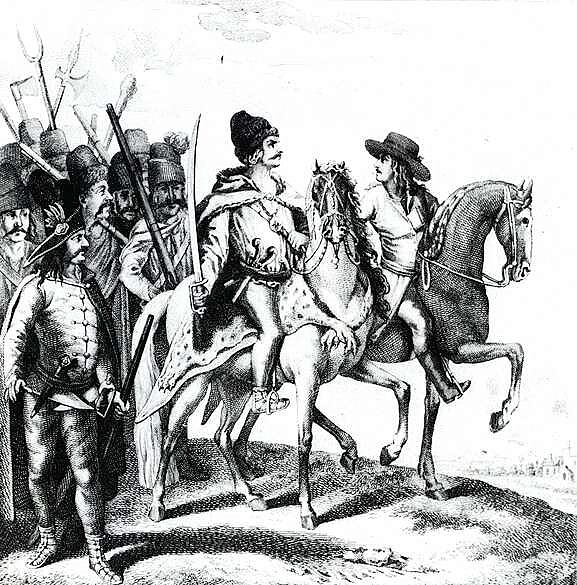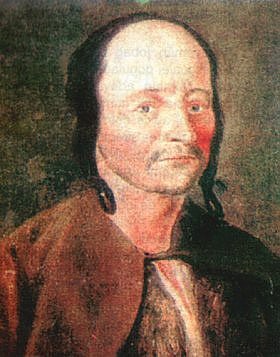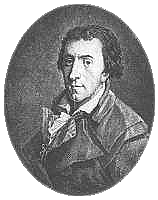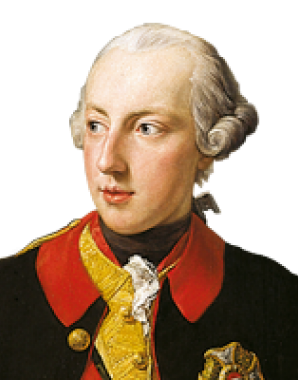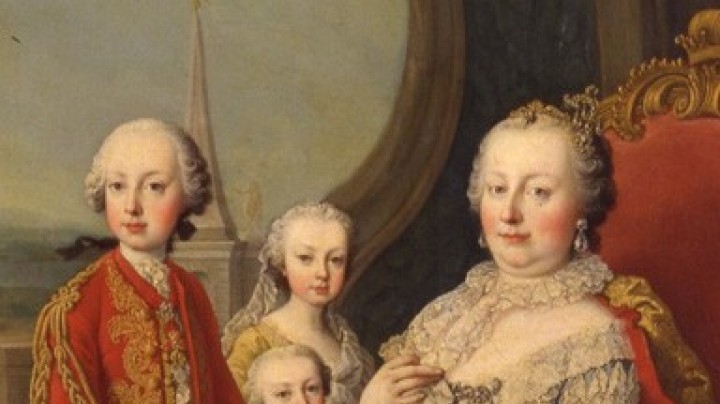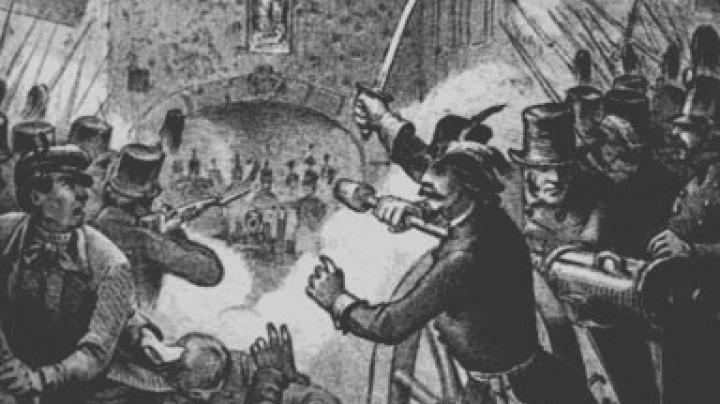Before the French Revolution: Horea and the Romanian Peasants’ Revolt of 1784
Was the Romanian revolt a precursor of the French Revolution of 1789? At any rate it led to numerous reactions across wide areas of Europe.
In Siebenbürgen (Transylvania) the situation of the Romanian peasants was particularly precarious. As ‘tolerated’ inhabitants they had no political rights. Since the re-conquest of the principality and its incorporation into the domain of Habsburg sovereignty under Emperor Leopold I in 1691, Hungarians and Germans (Transylvanian Saxons) had been given rights and privileges. Peasants, at this time, had no representation in the provincial assembly. The Romanian peasantry, similarly, had no guarantees for their Orthodox church institutions. As mouthpiece for the Romanian peasants Horea – whose official name was Vasile Ursu Nicola – travelled to Vienna several times in the years from 1779 to 1782 to explain the grievances of the Transylvanian peasantry, albeit without success. Two years later a peasants’ protest movement ensued under Horea’s leadership: many peasants refused to continue to carry out the exploitative system of obligatory labour required by their landlords, wishing instead to travel to Karlsburg (Alba Julia) and enrol in the army. This plan was thwarted by the police, which resulted in a second bloody uprising. After the protest had been put down Joseph II responded by enacting a Patent for the Abolition of Serfdom for Transylvania in 1785. The uprising reverberated throughout western Europe. The later French revolutionary, Jacques Pierre Brissot, addressed an open letter to Emperor Joseph II in 1785, in which he referred to the subjects’ right to protest. Four years later the population of France then made use of this, and set in train the revolution that was to change the whole of Europe.
